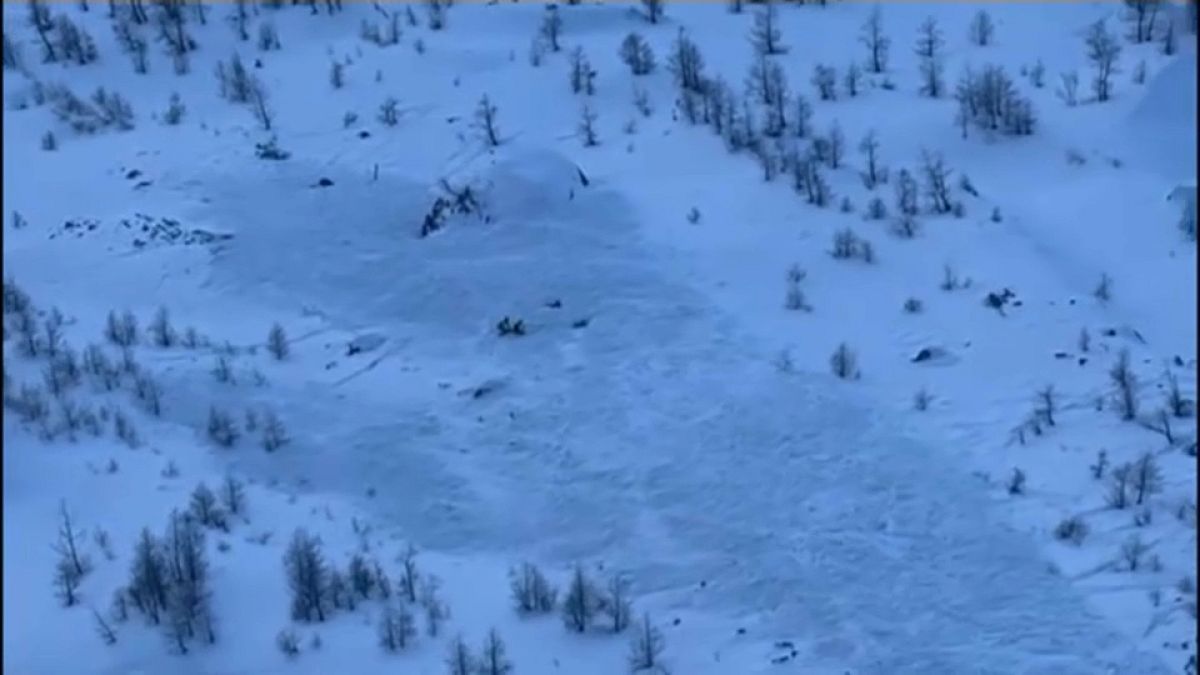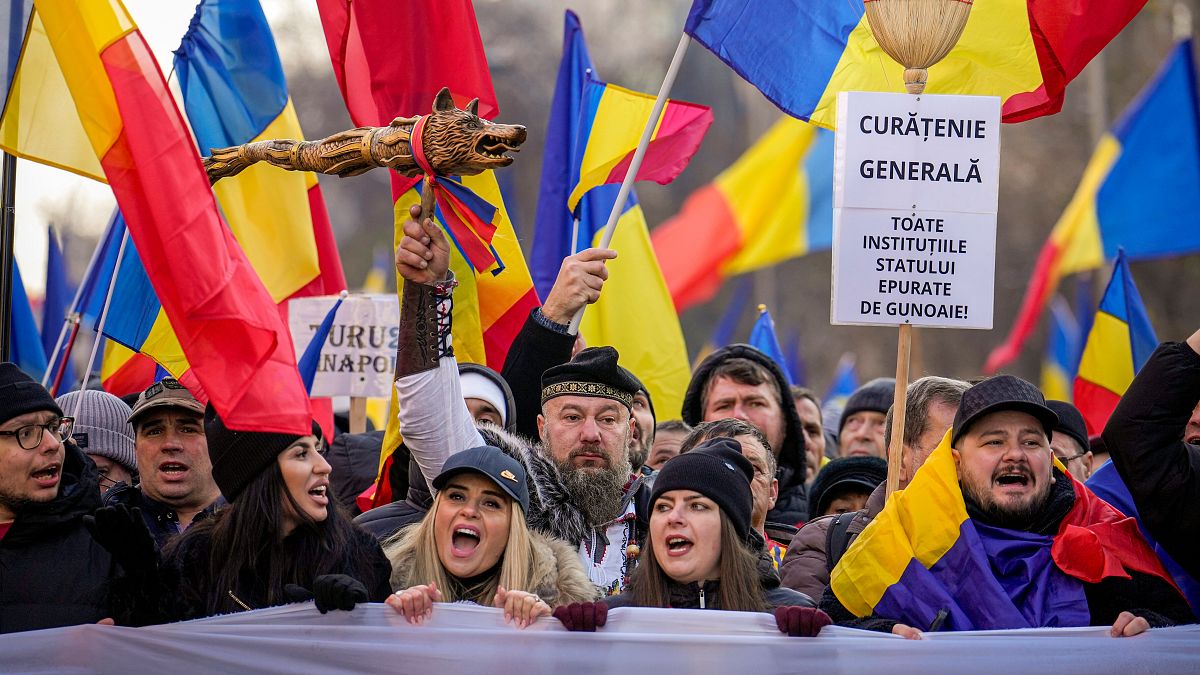Analysis: This week’s 1News Verian poll shed light on the year’s political successes and struggles, with one coalition partner teetering close to the danger zone and a few surprises for the opposition.
The latest 1News Verian poll served up plenty to digest this week, one year on from the election.
Though the main party numbers saw marginal shifts, leaving room for both optimism and concern, it was the supplementary questions about the two major party leaders that raised some eyebrows.
The country has been in a holding pattern this year, watching how the Government would clear the field to offer families and struggling households a softer landing. As voters simply hunkered down, the polls saw little movement.
Although waves of controversial policies have smashed up against the rocks, voters have largely remained steadfast, concerned more by the economic headwinds rather than other tensions, such as race relations.
New Zealanders have done it tough over the last few years with rising inflation and interest rates. It’s why many have been willing to tough it out a little longer and give the Government the benefit of the doubt – and some time.
With inflation back in band just this week, and interest rates falling even further, there are now glimmers of light at the end of the tunnel. That is good news for the Government and likely signals more positive times ahead. After all, a happy voter is an optimistic voter.
National maintains its coalition majority
Despite a horror year, the Greens saw an increase in support. (Source: 1News)
While support for Act nudged up in this week’s poll, and support for both National and NZ First edged down, the three coalition parties have maintained a clear majority to govern.
Though that shouldn’t come as any great surprise given the unlikelihood of voters changing their minds within the first year of government, it does give the coalition heart to carry on its crusade.
The Government is leading a suite of controversial policy changes that have sparked opposition across the country – not just from Māori, but many other sectors and communities as well.
That outcry, however, has not made any great dent in support for the Government.
National has slipped comfortably back into business as usual on the ninth floor, with the help of a few former MPs providing advice and support, both behind the scenes and out in front leading agency reviews.
NZ First in the danger zone
The only slight concern for the coalition in terms of party support is NZ First.
The party usually maintains a comfortable backing at 6% but the latest results see it drop down to 5%.
That is dangerous territory for any party that doesn’t have the backstop of an electorate seat.
NZ First already knows the risk associated with teetering on the 5% threshold after serving as part of the coalition government with Labour in 2017, only to be shown the door by voters in 2020.
Party leader Winston Peters won’t want history to repeat itself here.
He told 1News he would be switching out the international circuit for the local one next year, and reducing his overseas travel as Foreign Minister to nurture the party’s voter support base.
That NZ First requires its leader to be standing face to face with its supporters to maintain relevancy reveals a well-known vulnerability of the party – NZ First would struggle without Winston Peters.
While the man himself would be the first to hit back at such a remark, the reality is he is now outpolling his own party. Peters rose by one point to 6% in preferred prime minister numbers in the latest poll.
Next year will be a test for NZ First in other ways. In May, Peters will hand over the role of Deputy Prime Minister to David Seymour.
While that too will allow Peters more freedom to run the party position on various issues, he would do well to remember the commentariat are watching and waiting.
Before last year’s election, critics were quick to point out all of what could go wrong should NZ First be needed to help form a government. Many harked back to the 1990s to find examples of why it wouldn’t work, often overlooking the largely collegial coalition of 2017.
Some believe that once Peters hands over the reins of Deputy Prime Minister, so then goes any obligation to be on his best behaviour.
The NZ First leader will need to work out how to differentiate his party from the others, while not providing any headlines that paint him out to be destructive and unhelpful.
Luxon ‘out of touch’
Fifty-one per cent of those polled said Christopher Luxon is out of touch, while 37% per cent disagreed. (Source: 1News)
The latest 1News Verian poll shows 51% of people think Prime Minister Christopher Luxon is out of touch with voters, while 37% say he is in touch, and the rest weren’t sure or preferred not to say.
Luxon would have no doubt been disheartened by the result, even if only for a minute, before reminding himself to get on with the job ahead.
Being out of touch with a majority of voters is certainly not a performance review he wants by his name.
One of his go-to lines is that he is often out and about with “real New Zealanders” and that he understands their concerns and priorities, and yet these numbers suggest they don’t take the same view towards him.
When 1News hit the streets to gauge why it is many thought the Prime Minister may not be connecting with people, the reasons were clear.
One man said Luxon was running New Zealand like a company rather than a country. Others commented on his wealth persona, while another said it came down to the perception of his coalition partners having too much sway.
All of these are issues that have cropped up more than once in the year since the election – but Luxon could be forgiven for feeling a little hard done by on some of them.
As an example, while at first blush many were quick to scoff at his coalition’s new company-style quarterly action plans, they have proven beneficial in more ways than one. The plans have allowed the public to keep track of progress and what’s coming up next, while also keeping Government Ministers and the public service focused on what it is they need to deliver.
Over on the Opposition benches
The poll asked if Hipkins should remain leader of the Labour Party, with 54% saying yes he should, while 26% disagreed. (Source: 1News)
Meanwhile, this week’s poll results for the opposition parties tell an interesting story.
While Labour has dropped by one point, it is still doing slightly better compared with the same time last year.
Discipline has served the party well, with the absence of any infighting ensuring voters haven’t been given a reason to take their support elsewhere.
Labour has played the first year well, couching it as a time to take stock and listen to voters. As noble as that sounds, it also simply allowed the party to rest and recalibrate.
After six years in power with one of the world’s most recognised political leaders at the helm, and a deadly terrorist attack and global pandemic to contend with, Labour could be forgiven for wanting to take a minute.
That sentiment, however, truly comes to an end next year. The party will need to savour every moment of summer, because in 2025 it is all on for Labour.
The dreaded tax debate which has kneecapped Labour time and time again will be back on the agenda. Despite ruling it out twice in recent years, leader Chris Hipkins admits Labour has heard from a number of voters who want to re-open the discussion.
Exactly what that tax debate will look like is unclear, but what is obvious is that it could make or break the opposition. If Labour doesn’t mount its argument in the right way with enough conviction, National will walk all over it.
The latest 1News Verian poll shows support is split on the issue of taxing capital gains on investment properties, with 46% in support and 41% opposing the idea, while the rest were undecided or preferred not to say.
What backlash?

For the Greens, the latest poll results are fascinating. Despite having arguably the most chaotic and dramatic political year in history, the party has not suffered any major backlash from voters since the election.
While it has slipped by two points since the same time last year, the fact it has managed to recover one of those points in the latest results speaks volumes. Its voters are clearly more irritated by the agenda of the coalition than by its own internal drama, signalling a loyal base that should be rewarded with a better disciplined and fierce caucus in the year ahead.
Chloe Swarbrick’s ascension in the preferred prime minister stakes since taking over as co-leader may have found its natural standing, having now settled at around 6%.
Te Pāti Māori meanwhile should be recognised for maintaining one of its strongest poll results in years. To be sitting at around 4% for the entirety of this year is no mean feat.
It shows the party has capitalised where both Labour and the Greens have not when it comes to the Crown-Māori divide.
Te Pāti Māori’s ongoing spats with NZ First – while arguably overegged by both – seem to provide an avenue for both parties to spout off their respective political pitches and harden the base.
Hipkins still hanging on as Labour leader

For Chris Hipkins, the latest poll results show 54% of voters want him to remain on as Labour leader, while 26% think he should step down, and 20% either don’t know or preferred not to say.
The clear majority in support for Hipkins may come as a surprise to some, given he’s largely kept a low profile in the past year.
While the Labour leader generally makes himself available for interviews, he hasn’t shown any great enthusiasm to actively seek out every opportunity to make his case on issues of the day.
While this is the claimed strategy at present, like his party, next year will be the big challenge for Hipkins’ leadership.
Despite there being no appetite from either the public or the party for a leadership change, that will be tested as things heat up with Labour’s policy unveiling next year.
Equally, as economic pressures are presumably lifted and the public finds itself in a better mood, the political dial will likely be open to more movement. Just where that mood would take the numbers will be up to the major party leaders, including how much oxygen and ground they allow the smaller parties to contest.
If Hipkins fails to make inroads with voters while also failing to make a compelling case for whatever the party’s new tax policy looks like, it could be his unravelling.
Until then he can take this week’s poll on his leadership as a gift – he is more than likely safe for the summer, with political barbeques considering policy positions rather than leadership ones.













